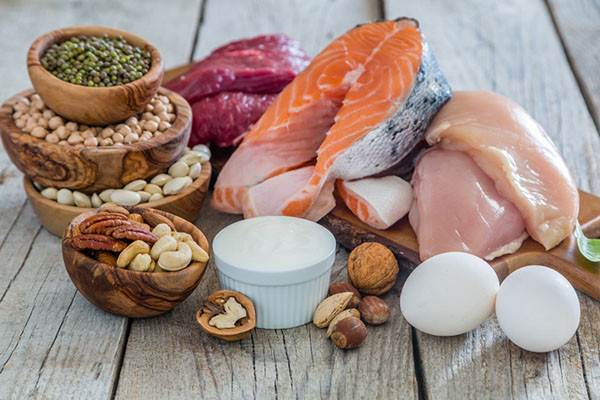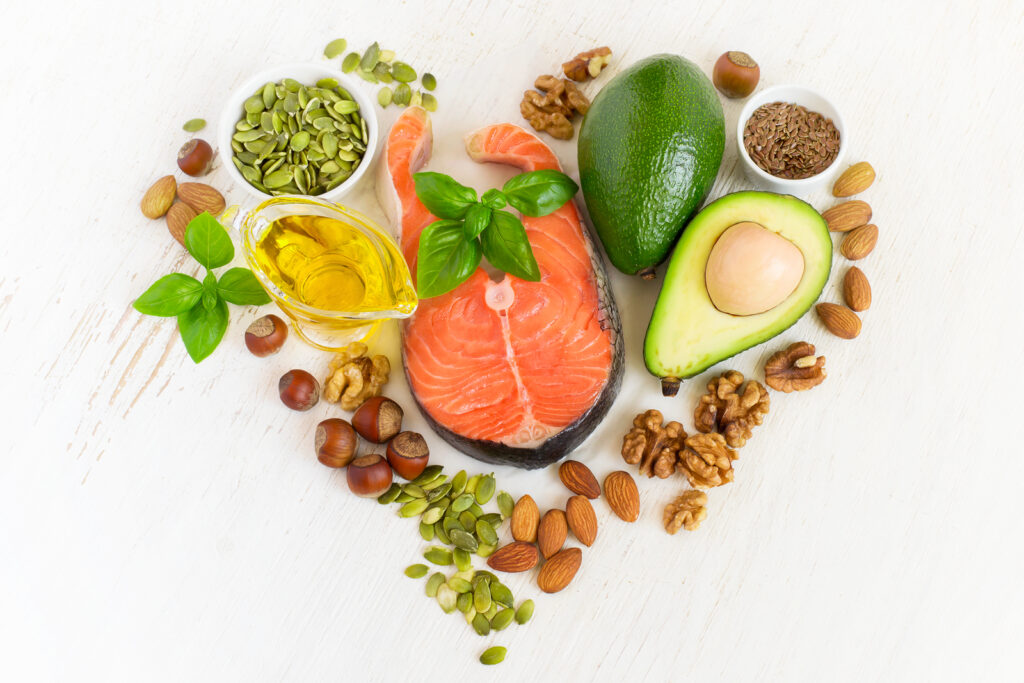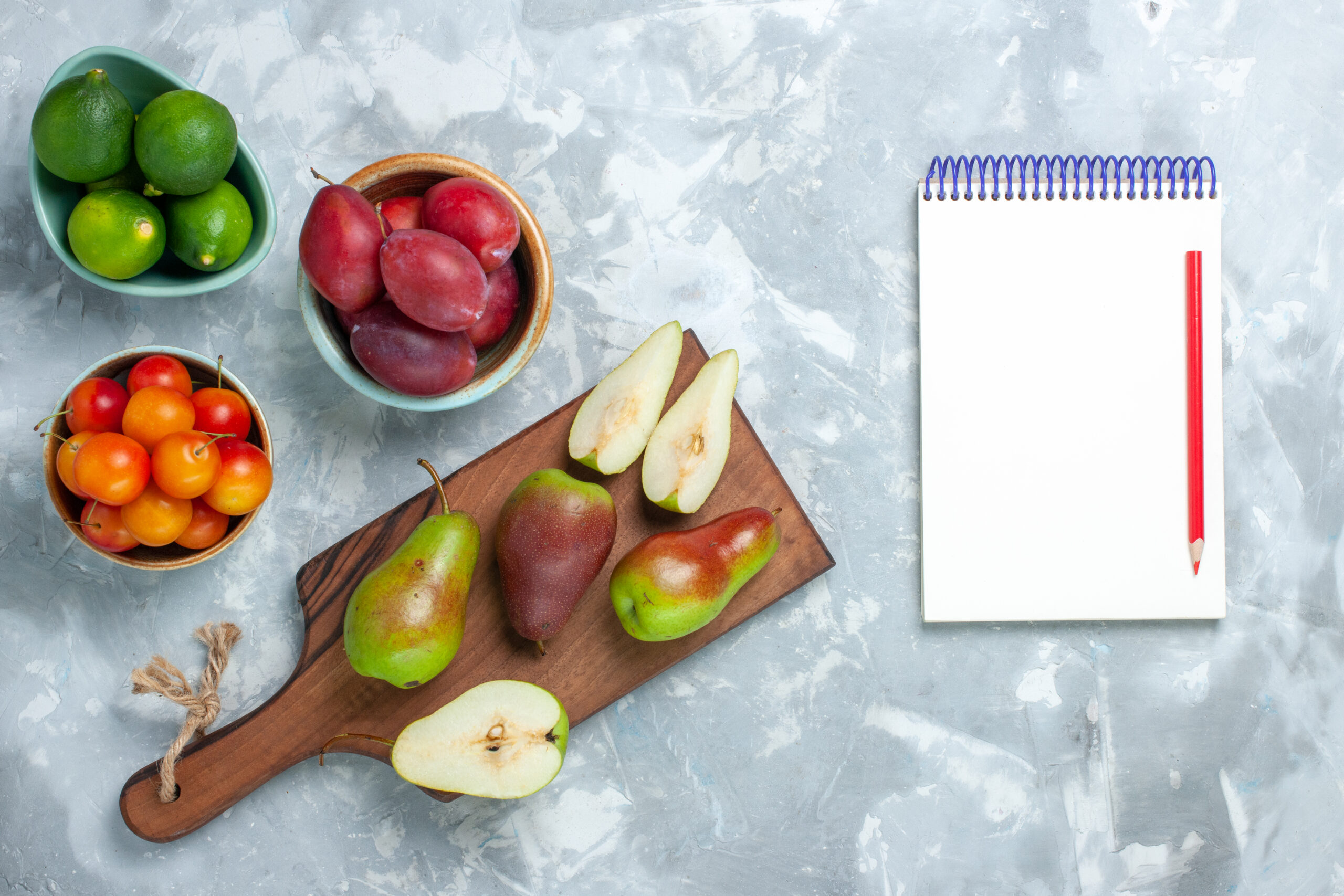Heartburn affects millions worldwide, with about 20% of people in Western countries experiencing symptoms weekly. It occurs when stomach acid flows back into the esophagus, causing burning discomfort.
Diet is one of the biggest contributors to acid reflux, and adjusting what you eat can dramatically ease symptoms. Certain foods like fatty meals, caffeine, and citrus often trigger flare-ups, while others such as whole grains, lean proteins, and vegetables can help soothe digestion.
That’s why adopting a structured heartburn friendly diet plan is one of the best ways to manage symptoms naturally, reduce reliance on medications, and improve overall digestive health.
In this article, you’ll discover a complete heartburn-friendly diet plan with foods to eat and avoid.
Why a Heartburn Friendly Diet Plan Matters
The digestive tract is highly sensitive to the foods we consume. When people eat meals rich in fat, spice, or acid, the stomach produces more acid, which can easily back up into the esophagus.
This not only causes heartburn but also increases the risk of long-term conditions like GERD. A heartburn friendly diet plan reduces these triggers and supports a calmer digestive process.
Beyond preventing discomfort, the right diet also promotes healing. Avoiding frequent irritation helps prevent inflammation and damage to the esophageal lining.
Over time, those who consistently follow a heartburn-friendly diet plan report fewer symptoms and better quality of life compared to those who rely only on medications.
Foods to Include in a Heartburn-Friendly Diet Plan
1. Whole Grains
Whole grains such as oatmeal, brown rice, and whole-wheat bread are excellent for managing heartburn. They absorb stomach acid and reduce reflux symptoms. Additionally, their high fiber content helps digestion, preventing constipation that may worsen reflux pressure.
These foods also make you feel fuller longer, which means you’re less likely to overeat a major trigger for heartburn. Replacing refined carbs with whole grains is a core part of any heartburn friendly diet plan.
2. Lean Proteins

Skinless chicken, turkey, fish, and plant-based proteins like lentils are gentle on digestion. They don’t stimulate excessive stomach acid, making them excellent choices for daily meals. Baking, grilling, or steaming these proteins instead of frying them ensures they remain low-fat, which reduces the chance of reflux flare-ups.
3. Vegetables (Non-Acidic)
Green beans, broccoli, leafy greens, and cucumbers are naturally alkaline, meaning they help neutralize stomach acid. They also provide vitamins and antioxidants that strengthen the digestive system.
By filling your plate with vegetables, you create a balanced heartburn-friendly diet plan that eases symptoms while promoting better health.
4. Low-Acid Fruits
Bananas, melons, and apples are less likely to irritate the esophagus compared to citrus fruits. They not only reduce acid exposure but also provide natural fiber that regulates digestion. These fruits can easily be added to breakfast smoothies, snacks, or desserts, making them versatile options.
5. Healthy Fats

Sources such as avocado, olive oil, and nuts in moderation are beneficial because they provide essential fatty acids without the heaviness of fried or processed fats. Including healthy fats in a heartburn friendly diet plan ensures you get satiety without triggering reflux.
Foods to Avoid in a Heartburn-Friendly Diet Plan
1. Spicy Foods
Chili, hot sauces, and heavily spiced meals relax the lower esophageal sphincter (LES), the muscle that prevents acid from flowing back up.
Regularly eating spicy food can worsen heartburn, which is why experts recommend cutting back for anyone following a heartburn-friendly diet plan.
2. Fatty and Fried Foods
High-fat meals delay stomach emptying, increasing the risk of acid reflux. Burgers, fries, and creamy sauces are major offenders.
Replacing them with lean proteins and baked alternatives helps reduce heartburn symptoms dramatically.
3. Acidic Foods
Citrus fruits, tomatoes, and vinegar-based foods are high in acid, which directly irritates the esophagus.
Avoiding these foods is crucial to make a heartburn friendly diet plan effective long-term.
4. Caffeine and Carbonated Beverages
Coffee, soda, and energy drinks not only stimulate acid production but also weaken the LES.
Switching to herbal teas or water is a healthier choice for those managing reflux.
5. Alcohol
Alcohol, particularly red wine and beer, increases acid production and irritates the stomach lining.
Limiting or avoiding alcohol is one of the most impactful changes in a heartburn-friendly diet plan.
Smart Eating Habits in a Heartburn-Friendly Diet Plan
- Eat smaller meals throughout the day instead of large, heavy ones.
- Avoid lying down immediately after eating; wait at least 2–3 hours.
- Elevate your head while sleeping to prevent nighttime reflux.
- Chew food slowly and thoroughly for better digestion.
These small but consistent habits make a heartburn-friendly diet plan more effective and sustainable.
Key Takeaway
Adopting a structured heartburn-friendly diet plan is one of the most powerful ways to control acid reflux naturally. By focusing on whole grains, lean proteins, non-acidic fruits, and vegetables, while avoiding fatty, spicy, and acidic foods, you can significantly reduce discomfort. It’s not just about temporary relief, it’s about protecting your esophagus, improving digestion, and building habits that support lifelong health.
FAQs
What foods are safest in a heartburn friendly diet plan?
Oatmeal, bananas, green vegetables, lean proteins, and whole grains are the safest. These foods help reduce stomach acid and soothe digestion while lowering reflux risk.
Can I eat fruits in a heartburn-friendly diet plan?
Yes, but choose non-acidic fruits like melons, bananas, and apples. Avoid citrus, pineapples, and tomatoes, as they may worsen reflux symptoms.
Does a heartburn friendly diet plan replace medications?
Not always. While diet changes reduce symptoms, some people with GERD may still need medication. However, the diet can minimize dependency on long-term drugs.
How fast can I see results from a heartburn friendly diet plan?
Some people notice improvement within days, while others may take weeks. Consistency in avoiding triggers and eating safe foods is the key to long-term relief.



Join The Discussion